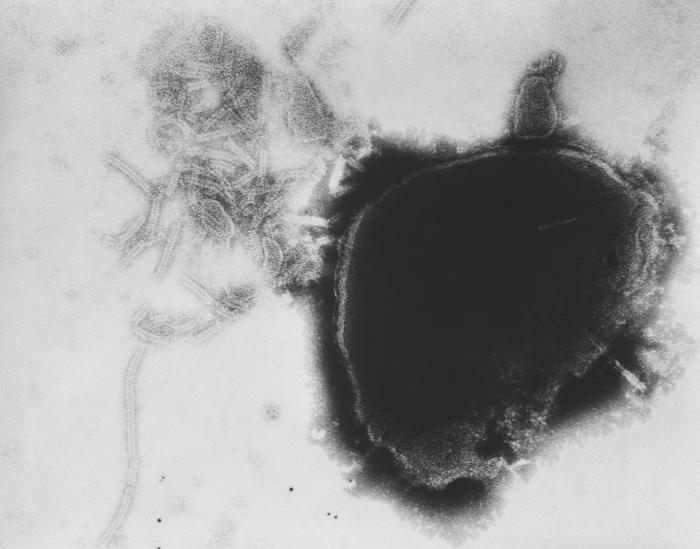Two suspected cases of mumps have been reported at Yale University, one in an undergraduate living on campus and one in a graduate student living off campus, Yale Health Director, Paul Genecin, M.D. wrote yesterday.

Over 90% of Yale undergraduates have received mumps vaccine, but it is still possible for students or other members of the campus community to contract the disease.
Mumps is a highly contagious respiratory disease that is spread through indirect or direct contact with an infected person’s nose or throat droplets, such as when an infected person coughs or sneezes. It is best known for the puffy cheeks and swollen jaw that it causes because of inflammation of the salivary glands under the ears on one or both sides. Other common symptoms include fever, headache, muscle aches, fatigue and loss of appetite. Some people who get mumps have very mild or no symptoms, and often they do not know they have the disease.
Most people with mumps recover completely in a few weeks. However, mumps can occasionally cause severe complications, especially in adults. Treatment includes rest, fluids, and over-the-counter medicine to reduce fever and discomfort. Since mumps is caused by a virus, antibiotics are not used as a treatment.
People with mumps can spread the infection for up to two days before, and five days after, symptoms develop, so those infected can spread the disease before they feel sick. Symptoms typically appear 16 to 18 days after infection, but this period can range from 12 to 25 days after infection.
If members of the Yale community develop symptoms of mumps, they should contact their primary care clinician. Students should call Student Health at 203-432-0312.
Students who have mumps or mumps-like symptoms will be asked to go home if they live close enough to New Haven or if their parent or guardian is able to pick them up. Students who are not able to go home will be cared for at Yale Health until they are no longer contagious. Faculty and staff with symptoms should consult their health care providers; they should not come to work.
Related:


One thought on “Yale reports two suspected cases of mumps”